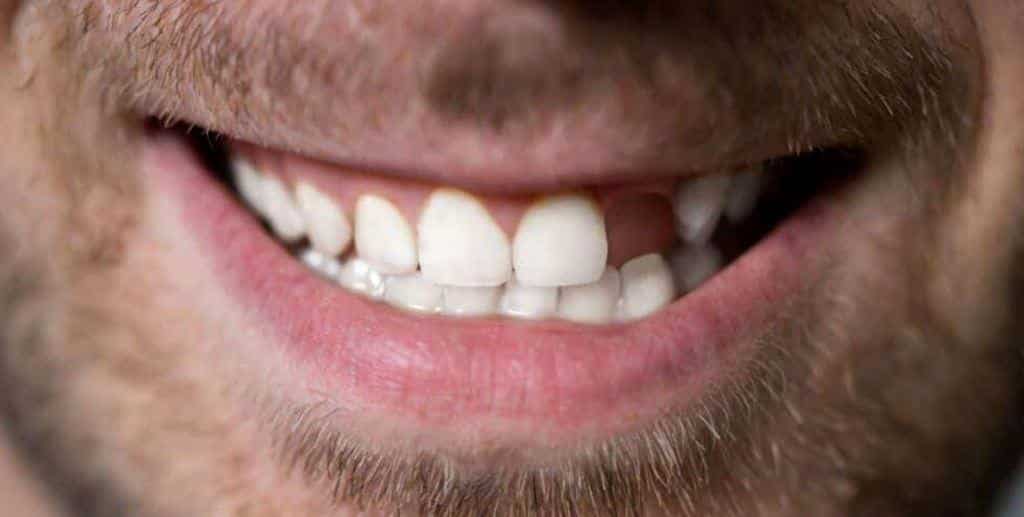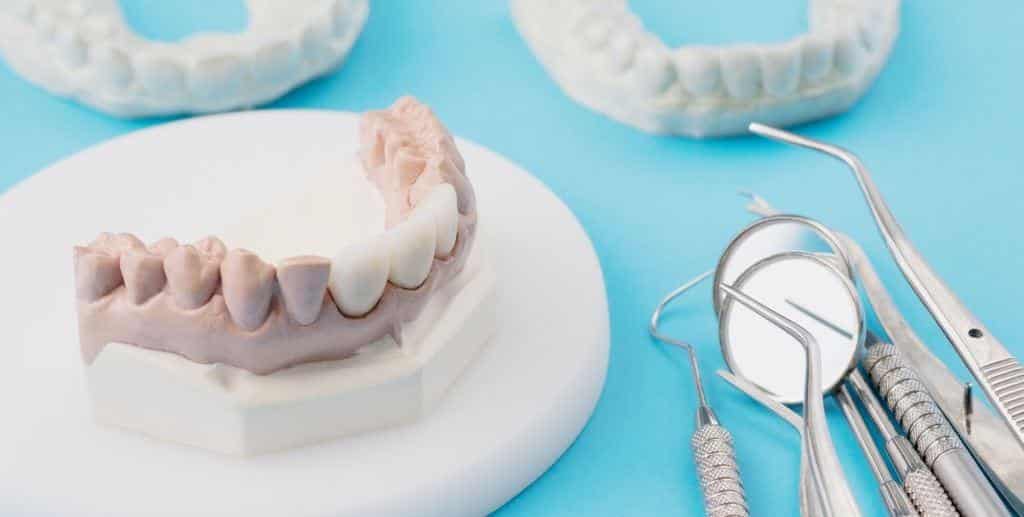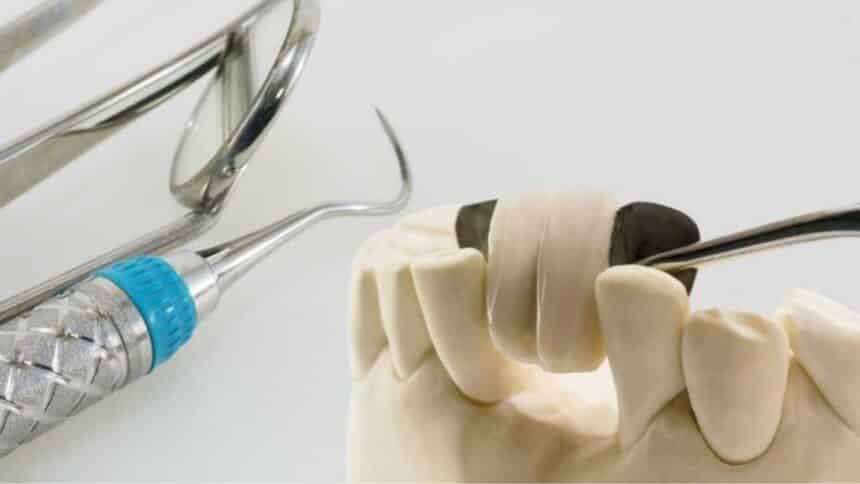Although pulling a tooth is currently a last resort, there may be times when this is necessary. A tooth may also be knocked out or broken. Whatever the cause, but also wherever the gap appears, remember to have it filled as soon as possible. It's not just about the aesthetic arguments, but above all the health ones. And what options can you choose from and how much does it cost to have a tooth inserted in the UK?
Why is tooth insertion so important?
Losing even one tooth has its serious consequences. And while arguments are most often made about appearance, those about health are more relevant.
Missing tooth or teeth has a huge impact on bite. The reason for this is the movement of the remaining teeth towards the free space. In addition, this causes them to become overloaded, skewed or even loosened and risk losing them.
Crooked teeth are much more prone to tooth decay, as well as gum disease. They can also cause speech problems and even facial deformities. If you would like to learn more about this topic, we recommend our article "Crooked teeth - causes and how to get rid of an embarrassing smile".
If you do not take care of the tooth insertion you must also expect problems in biting and chewing your food. This in turn can cause problems with the digestive system.
On top of this, because the remaining teeth can change their position, jaw pain, headaches and fatigue can occur.

How do you fill a gap left by a tooth?
When it comes to replacing the gap left by your tooth(s), the options are numerous. Which option you decide on will depend primarily on the number of teeth you have lost, but also the location of the gap and your budget.
For larger missing teeth, fixed or removable dentures are most commonly used. You can read more about the types and prices in our article "Dentures in the UK".
Another prosthetic solution is bridgeswhich allow you to have a tooth or teeth permanently inserted. Importantly, to take advantage of this option you must have healthy teeth next to the gap, as this is where the bridge is fixed. You can opt for a porcelain bridge on a metal substructure or an all-ceramic bridge. If you are interested in this option again we refer you to our article "Prosthetic bridges in the UK" or you are welcome to contact.
One of the best options for filling a gap and inserting a tooth is a dental implant. It is very durable, inert to human tissues and the crown often perfectly mimics bone. An implant is a screw made of titanium into which a crown is screwed. You can choose an acrylic (temporary), metal or porcelain crown - the latter being the most durable and aesthetic. If you would like to learn more about implants, please see the text "Implants UK - everything you need to know".
Regardless of which tooth insertion option you decide, you have to reckon with a temporary restoration because both a denture and a bridge or implant will take time and several visits.

How much does it cost to have a tooth inserted in the UK?
Here, of course, the answer will depend on the surgery, but also on the option you choose. In our practice, a removable skeletal denture (1-3 teeth) costs £550, a zirconia bridge (1 point)- is an expense of £460 and an implant - from £1400.
If you opt for our surgery and instalment system you will pay less than that per month:
- £46 for prosthetics,
- £38 per bridge
- and £84 for the implant.
Importantly, you can also spread the entire treatment over instalments, not just a specific top-up.
If you have questions write to us.

